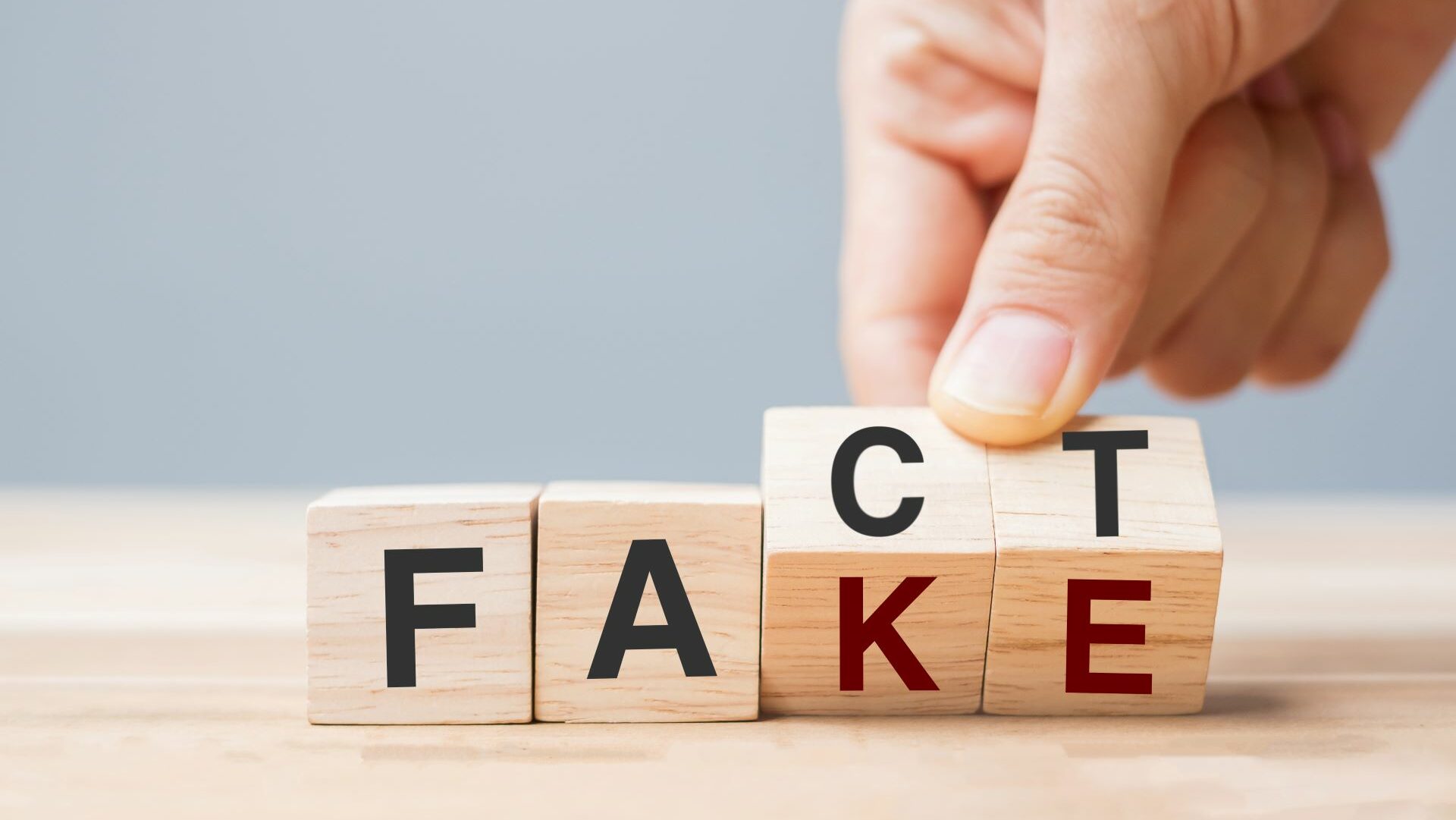Spotting fake news ahead of the 2024 US presidential election
In partnership with ExpressVPN

As the 2024 US presidential race draws near, voters are grappling with an unprecedented challenge: navigating the murky waters of digital misinformation. The advent of cutting-edge technologies like deepfakes and AI-generated content has made it more essential than ever for people to hone their critical thinking abilities.
The impact of fake news on electoral processes is profound and far-reaching. Misleading information has the power to dramatically influence public sentiment and potentially sway election results. Through the dissemination of false narratives about candidates, policies, or voting procedures, malicious actors can manipulate the electorate and compromise the integrity of democratic systems. The lightning-fast propagation of inaccurate information via social media platforms exacerbates this problem, creating a formidable obstacle for voters seeking to make well-informed choices.
A surge in deepfakes – hyper-realistic yet completely fabricated videos or audio recordings – presents a significant threat to the sanctity of elections, as revealed by ExpressVPN. These sophisticated forgeries can create the illusion that political figures have made statements or taken actions they never did, potentially altering voters’ perceptions and decisions in profound ways.
The entertainment industry has already witnessed the impact of deepfake technology, with A-list singers like Billie Eilish and Taylor Swift becoming unwitting subjects of convincingly manipulated videos circulating online. However, the real danger lies in the potential exploitation of this technology in the political arena.
To safeguard yourself against misinformation, it’s crucial to employ a range of strategies. Prioritise verifying the credibility of news sources, ensuring they have a proven track record of accurate reporting. Corroborating information across multiple reputable news outlets can help confirm its authenticity, while services such as Reuters Fact Check allow you to directly check a story’s validity.
Exercise caution when encountering sensational headlines, as these often serve as red flags for unreliable content. Verify the timeliness and relevance of articles by checking their publication dates. Assessing the credentials and previous work of authors can provide valuable insights into their reliability.
Moreover, be wary of content designed to elicit strong emotional responses. Fake news often relies on emotional manipulation, underscoring the importance of maintaining a critical and objective mindset when consuming political information.
While artificial intelligence and machine learning technologies are being developed to combat fake news, they are not infallible. These tools can assist in flagging potentially misleading content, but human discernment remains paramount. Fact-checking platforms offer invaluable resources for verifying claims and debunking myths, serving as essential tools in the fight against misinformation.
As the 2024 US election looms on the horizon, remaining vigilant against fake news is more crucial than ever. By cultivating critical thinking skills, leveraging fact-checking resources, and promoting media literacy, we can collectively safeguard the integrity of the democratic process and ensure a more informed electorate.
